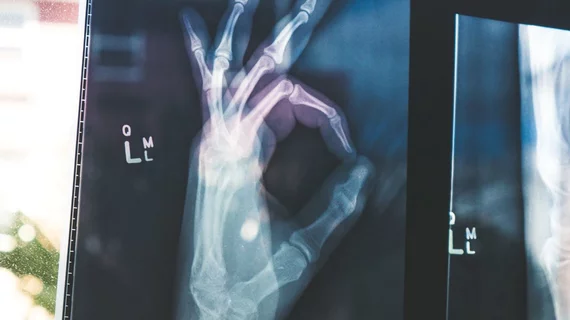AI proves as good as physicians at interpreting medical images
A meta-analysis of 14 studies has shown AI algorithms correctly diagnose diseases in medical imaging around 87% of the time while ruling out specific diseases with 93% accuracy.
And those numbers were very close to the performance rates of physicians in the same studies.
The findings are running in The Lancet Digital Health.
“Our review found the diagnostic performance of deep learning models to be equivalent to that of healthcare professionals,” write Livia Faes, MD, of Cantonal Hospital Lucerne in Switzerland, and colleagues.
At the same time, the authors note several caveats.
First, few of the studies they reviewed included externally validated results. Also lacking were comparisons of deep-learning models and healthcare professionals using the same sample. Further, reliable interpretations of reported diagnostic accuracy rates were hard to come by, as poor reporting is prevalent in these studies, the authors found.
“New reporting standards that address specific challenges of deep learning could improve future studies, enabling greater confidence in the results of future evaluations of this promising technology,” Faes et al. write.
Diagnosis of disease using deep-learning algorithms “holds enormous potential,” they conclude. “From this exploratory meta-analysis, we cautiously state that the accuracy of deep-learning algorithms is equivalent to healthcare professionals while acknowledging that more studies considering the integration of such algorithms in real-world settings are needed.”
The study is available in full for free.

